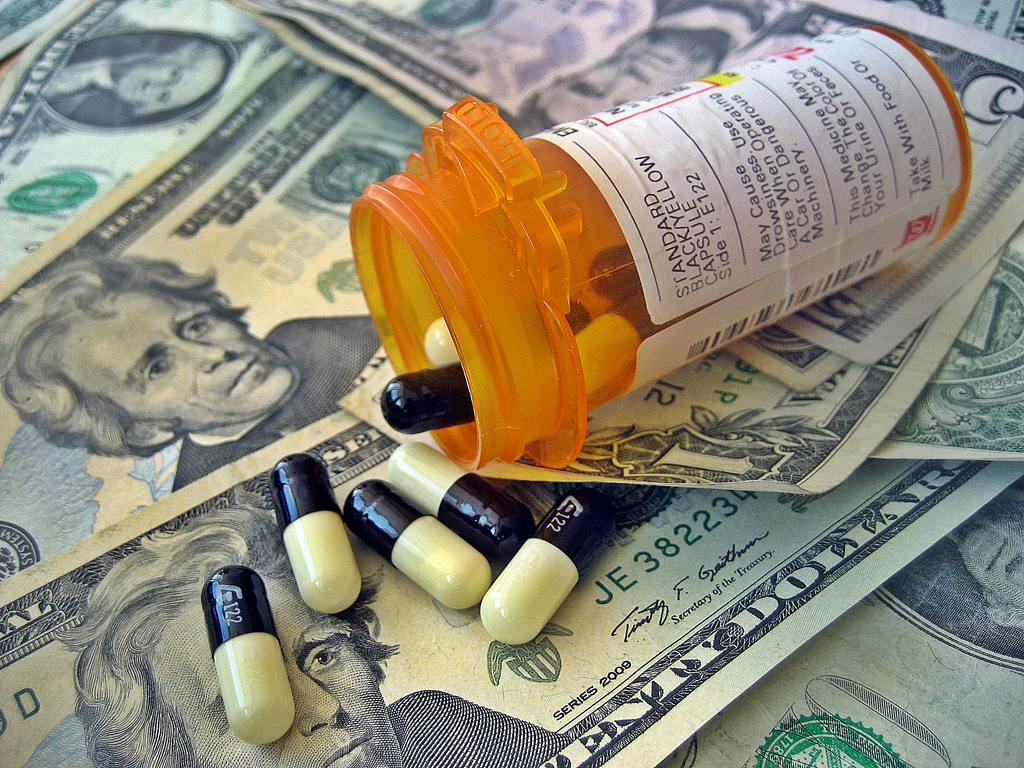‘Independent’ researchers have shares in drug companies they’re testing Leave a comment
Article from What Doctors Don’t Tell You
By Bryan Hubbard
Independent drug trials aren’t always quite so independent. Researchers are still not revealing the pay-outs they’re getting from drug companies whose drugs they are testing—and in some cases they even have shares in the company.
Around a third of researchers are not disclosing their financial conflicts of interest despite the enormous pressure from medical journals for transparency in clinical trials.
Some researchers get speaking fees, others receive ‘research grants’ and others hold shares in the drug company whose drug they are reviewing, but which they are not revealing in their research that is presented as being independent.
A review of the work of 344 cancer researchers discovered they had received a total of $216m in payments from drug companies in just over a year—and which they had never disclosed.
But they are under no obligation to reveal their connection to the drug company. “It’s an honour system. The journals ask the authors to make these disclosures, but there’s no legal force behind it,” said Erick Turner of the Oregon Health & Science University.
He and his researchers looked at the Open Payments Database, a US system where all drug company pay-outs are supposed to be recorded, and compared them to the disclosures made in published clinical trials of cancer drugs.
It’s known that drug company pay-outs influence doctors in their prescribing decisions, and the researchers are concerned the same could also be true for scientists conducting clinical trials.
References
(Source: JAMA Oncology, 2018; doi: 10.1001/jamaoncol.2018.3738)
Cancer,Drugs,Life Long Products

